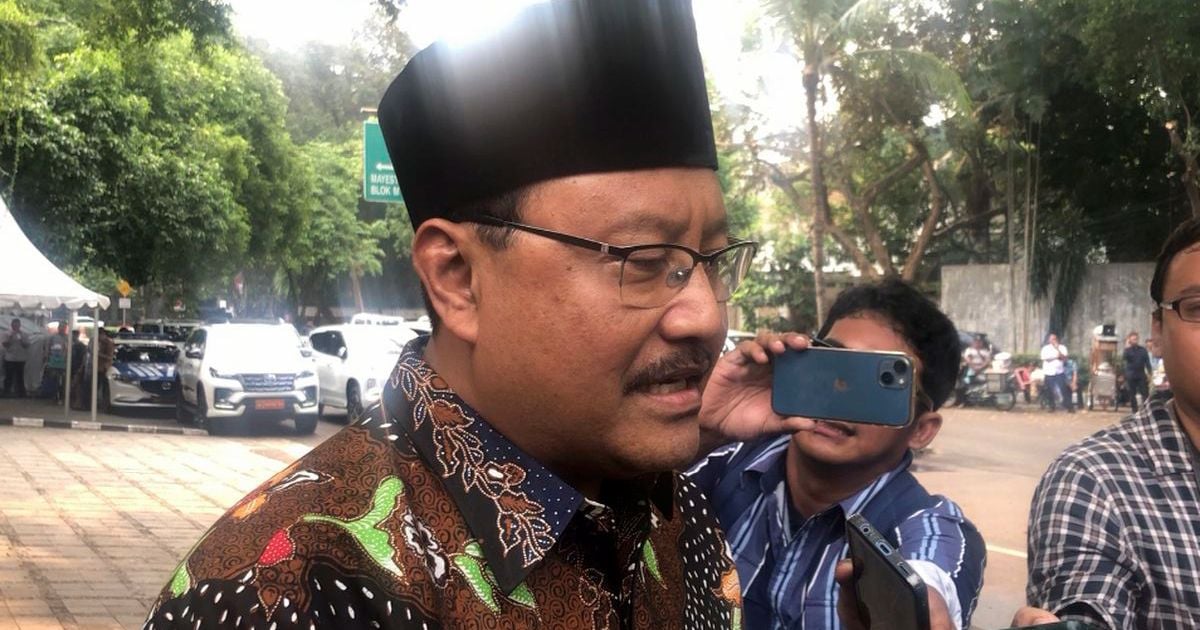KUALA LUMPUR: Indonesia’s Social Affairs Ministry is mulling a controversial proposal to make vasectomy a family planning requirement for those seeking government assistance and scholarships.
Vasectomy is a sterilisation procedure for males, in which the tubes that carry sperm out from the testicles are cut. The condition was suggested by West Java Governor Dedi Mulyadi.
Vasectomy is considered a simple and permanent form of birth control. Although it can be reversed in some cases, the success is not guaranteed.
Social Affairs Minister Saifullah Yusuf said on Wednesday that while the proposal had merit, the government still needed time to study the implementation in detail.
“Integrating family planning into government assistance programmes is a good idea, but we need more time to examine the proposal thoroughly.
“There is a formal process for distributing government aid, and we cannot make changes on a whim,” he said.
Dedi was previously reported to have proposed the idea to Saifullah, stating that many poor families continued to have numerous children despite struggling to meet their basic needs.
He said limiting the number of children among low-income citizens would help ensure that government assistance was distributed equitably, rather than being disproportionately consumed by large families.
“We want all forms of government assistance to be tied to family planning. If your children want to apply for a government-funded scholarship, you must practise contraception.
“To qualify for housing repair subsidies, you must also be engaged in family planning if you are of reproductive age,” he said.
Dedi argued that vasectomy was an ideal form of contraception for poor families, stressing that “men should also bear responsibility for reproduction”, and noting that women sometimes forgot to take their contraceptive pills.
He also announced that men who agreed to undergo a vasectomy would receive an incentive of 500,000 rupiah (RM130) per person.
However, the proposal had sparked backlash. Indonesia’s National Commission on Human Rights deputy head Abdul Haris criticised the proposal, calling it discriminatory and a potential violation of human rights.
“If enforced, it could constitute a breach of human rights. Vasectomy should be a voluntary decision,” he said.
Meanwhile, the Indonesian Ulema Council (MUI) declared that the measure was forbidden (haram) in Islam if the intention was to permanently sterilise a man.
MUI Fatwa Committee head Asrorun Niam Sholeh said it was only permissible under strict conditions, such as when a person had a specific medical condition.
“Even then, there must be assurance that the man can regain his reproductive ability. Since current vasectomy reversal procedures cannot guarantee full restoration of reproductive function, the procedure remains haram,” said Asrorun.
Success rates for vasectomy reversals could vary, with studies suggesting sperm returning to the semen in 70 to 90 per cent of cases.
But the outcome could be influenced by factors such as the time elapsed since the procedure, scarring and the surgeon’s expertise.
© New Straits Times Press (M) Bhd






